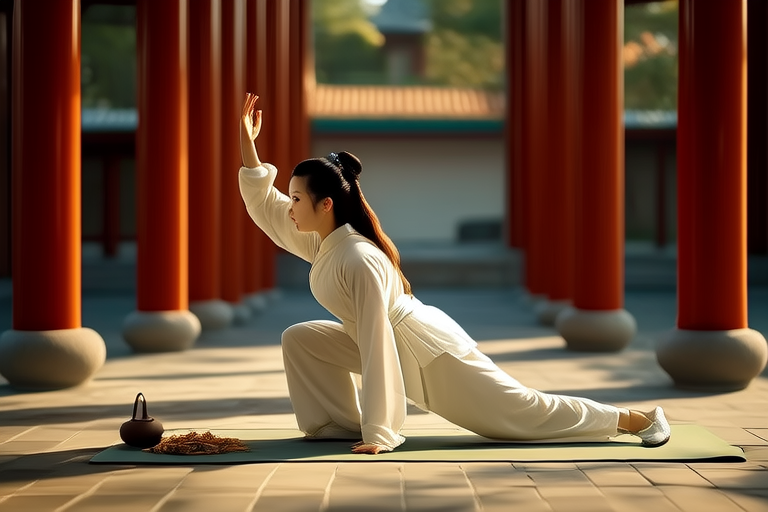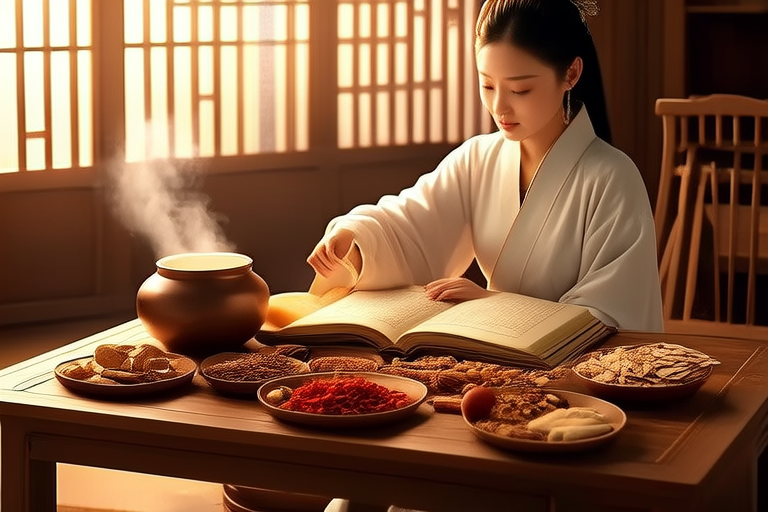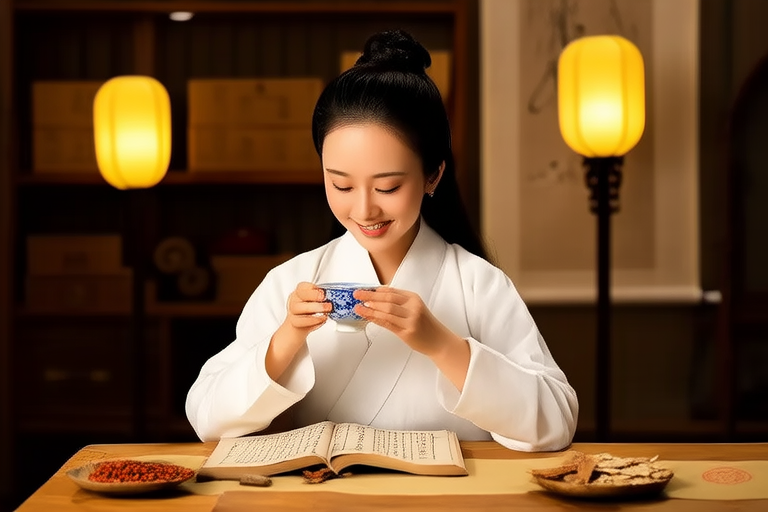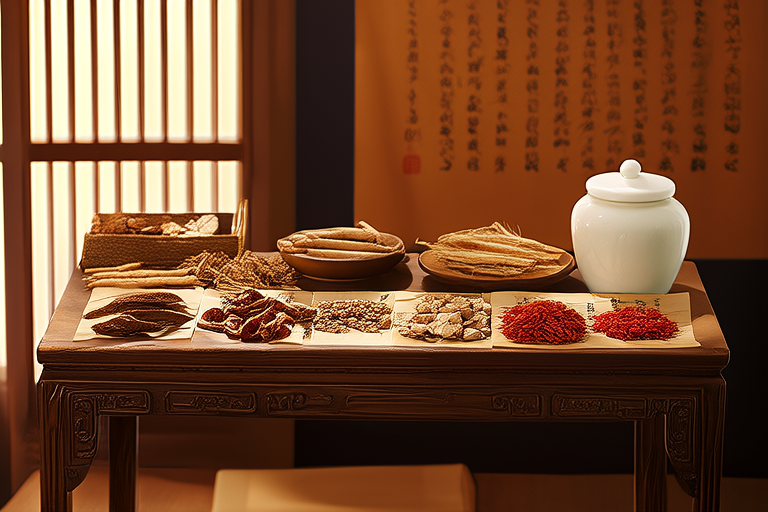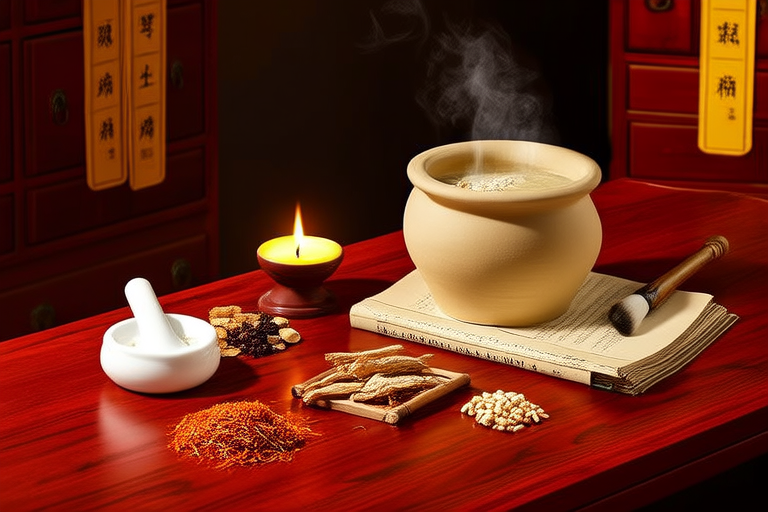Harmonizing Body and Mind: The Art of Health Preservation in Traditional Chinese Medicine
Introduction
Traditional Chinese Medicine (TCM) is a holistic system of healthcare that has been practiced for thousands of years, offering profound insights into the art of health preservation. Rooted in ancient philosophies, TCM emphasizes the interconnectedness of the body, mind, and environment, advocating for balance and harmony as the foundation of well-being. Unlike Western medicine, which often focuses on treating symptoms after they arise, TCM places significant emphasis on preventive care, aiming to maintain health by addressing imbalances before they manifest as illness. Central to this philosophy are key principles such as balancing Yin and Yang, nurturing Qi (vital energy), and adopting lifestyle practices that support physical, mental, and emotional wellness. This article explores the essence of health preservation in TCM, shedding light on its timeless wisdom and relevance in contemporary health practices.
Balancing Yin and Yang: The Core of TCM Philosophy
At the heart of TCM lies the concept of Yin and Yang, two complementary forces that govern all aspects of life. Yin represents qualities such as stillness, coolness, and receptivity, while Yang embodies movement, warmth, and activity. Health, according to TCM, is achieved when these forces are in equilibrium. An excess or deficiency of either Yin or Yang can lead to disharmony, manifesting as physical or emotional ailments. For instance, an overabundance of Yang may result in symptoms like inflammation or hyperactivity, while a deficiency of Yin might cause fatigue or dryness.
Practitioners of TCM assess the balance of Yin and Yang through various diagnostic methods, including pulse reading and tongue examination. Treatments aim to restore harmony by addressing the root cause of imbalance rather than merely alleviating symptoms. This approach underscores the importance of understanding the individual as a whole, recognizing that physical health is deeply intertwined with emotional and mental states.
The Role of Qi: Vital Energy in Motion
Another cornerstone of TCM is the concept of Qi (pronounced “chee”), often translated as vital energy or life force. Qi flows through the body along pathways known as meridians, nourishing organs, tissues, and systems. When Qi flows freely and abundantly, the body remains healthy and resilient. However, blockages or deficiencies in Qi can lead to illness and disease.
Health preservation in TCM involves maintaining the smooth circulation of Qi through practices such as acupuncture, herbal medicine, and mindful movement. Acupuncture, for example, uses fine needles to stimulate specific points along the meridians, helping to remove obstructions and restore balance. Herbal remedies, tailored to individual needs, are designed to tonify Qi, nourish Yin or Yang, and address underlying imbalances. By prioritizing the cultivation and regulation of Qi, TCM offers a proactive approach to sustaining vitality and preventing disease.
Lifestyle Practices: Diet, Exercise, and Emotional Well-Being
In TCM, daily habits play a crucial role in health preservation. Diet, exercise, and emotional well-being are viewed as integral components of a balanced life, each contributing to the harmonization of body and mind.
Diet: Nourishing the Body with Nature’s Wisdom
TCM dietary principles emphasize the consumption of foods that align with one’s constitution and the seasons. Foods are classified based on their energetic properties—whether they are warming, cooling, drying, or moistening—and their ability to influence Yin and Yang. For example, ginger and garlic are considered warming foods that can dispel cold and invigorate Qi, while cucumber and watermelon have cooling properties that help clear heat from the body.
A balanced diet in TCM is not about rigid restrictions but about cultivating awareness of how different foods affect one’s energy and well-being. Meals are prepared with care, often incorporating herbs and spices that enhance digestion and promote overall vitality. This mindful approach to eating fosters a deeper connection between individuals and their food, encouraging a sustainable and healthful relationship with nutrition.
Exercise: Cultivating Strength and Serenity
Movement practices such as Tai Chi and Qigong are central to TCM’s approach to health preservation. These gentle, flowing exercises combine physical postures, breathing techniques, and meditation to cultivate Qi and promote relaxation. Tai Chi, often described as “meditation in motion,” enhances flexibility, balance, and strength while calming the mind. Qigong, which translates to “energy work,” focuses on harnessing and directing Qi through deliberate movements and breath control.
Both practices are accessible to people of all ages and fitness levels, making them ideal for long-term health maintenance. Regular practice not only improves physical health but also reduces stress, anxiety, and depression, fostering emotional resilience. By integrating body and mind, Tai Chi and Qigong exemplify the holistic nature of TCM.
Emotional Well-Being: The Mind-Body Connection
TCM recognizes the profound impact of emotions on health, viewing emotional well-being as inseparable from physical vitality. Each organ system is associated with specific emotions; for example, the liver is linked to anger, the heart to joy, and the lungs to grief. Chronic emotional imbalances can disrupt the flow of Qi and contribute to illness, highlighting the importance of managing stress and cultivating positive emotions.
Practices such as mindfulness, meditation, and self-reflection are encouraged to nurture emotional health. Additionally, TCM therapies like acupuncture and herbal medicine can help regulate emotional patterns by addressing underlying imbalances. By acknowledging the mind-body connection, TCM offers a comprehensive framework for achieving holistic well-being.
Preventive Care: A Proactive Approach to Health
One of the most distinctive features of TCM is its focus on preventive care. Rather than waiting for symptoms to appear, TCM advocates for ongoing efforts to maintain balance and prevent disease. This proactive approach is rooted in the belief that small imbalances, if left unaddressed, can escalate into more serious conditions over time.
Seasonal adjustments are a key aspect of preventive care in TCM. As the environment changes, so too do the body’s needs. For example, during the cold winter months, it is recommended to consume warming foods and engage in activities that conserve energy. In contrast, summer calls for lighter meals and practices that dispel heat. By aligning with the rhythms of nature, individuals can optimize their health and reduce the risk of seasonal illnesses.
Regular check-ins with a TCM practitioner can also help identify early signs of imbalance, allowing for timely interventions. Through personalized guidance, individuals can develop strategies to strengthen their constitution and enhance resilience, ensuring long-term well-being.
Integrating Body-Mind Harmony in Modern Life
In today’s fast-paced world, where stress and chronic illness are prevalent, the principles of TCM offer valuable insights into achieving body-mind harmony. The integration of TCM practices into modern health routines can complement conventional medical approaches, providing a more comprehensive model of care.
For instance, mindfulness-based stress reduction programs, which draw inspiration from TCM concepts, have gained popularity for their effectiveness in improving mental health. Similarly, the growing interest in functional medicine reflects a shift toward personalized, preventive care that aligns with TCM’s holistic philosophy. By embracing the wisdom of TCM, individuals can take a more active role in their health journey, fostering resilience and vitality in the face of modern challenges.
Conclusion
Traditional Chinese Medicine offers a timeless blueprint for health preservation, emphasizing the harmonization of body and mind as the key to well-being. Through the principles of balancing Yin and Yang, nurturing Qi, and adopting lifestyle practices that support physical, mental, and emotional health, TCM provides a holistic framework for achieving and maintaining balance. Its focus on preventive care and the integration of body-mind harmony resonates deeply in today’s world, offering practical solutions for navigating the complexities of modern life. As we continue to explore the intersections of ancient wisdom and contemporary science, the relevance of TCM in promoting health and longevity becomes ever more apparent. By embracing its teachings, we can cultivate a deeper understanding of ourselves and our place within the natural world, paving the way for a healthier, more harmonious future.






